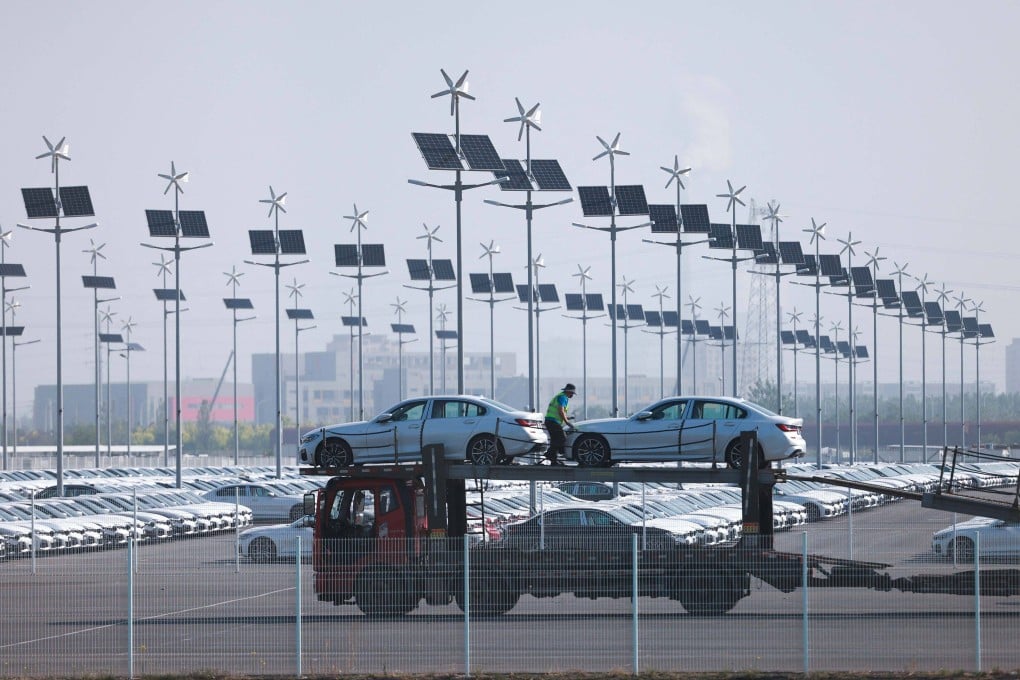BMW confirms it will invest another US$1.4 billion in Chinese EV battery plant
- The German marque will expand the Lydia plant, which makes high-performance batteries for its i3 and iX3 series cars
- Oliver Zipse, BMW’s chairman, who accompanied German chancellor Olaf Scholz on his visit to Beijing recently, said China would continue to be one of the carmaker’s most important markets

BMW has confirmed that it will invest an additional 10 billion yuan (US$1.4 billion) towards increasing capacity at a battery plant in China’s northern Liaoning province.
The German marque said in a statement that it had signed an agreement with the local government to expand the Lydia plant, which makes high-performance batteries for its i3 and iX3 series cars.
The agreement, signed on Friday, comes barely a week after a visit by Olaf Scholz, the German chancellor, to Beijing. It has heightened expectations that more trade and investment deals between China and Germany will be concluded in the coming months.
Oliver Zipse, BMW’s chairman, who accompanied Scholz on the visit, said China would continue to be one of the carmaker’s most important markets.
Scholz’ visit on November 4 was the first by a leader from a major developed economy after Chinese President Xi Jinping secured an unprecedented third term as the Communist Party’s general secretary.